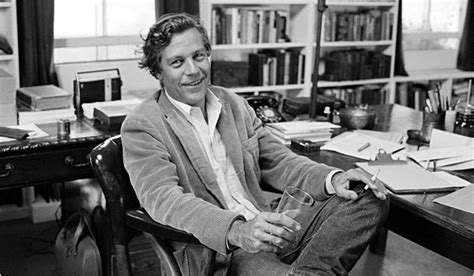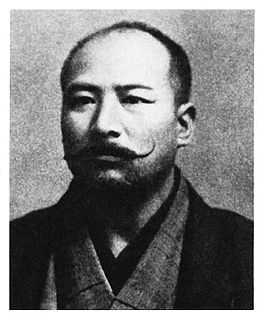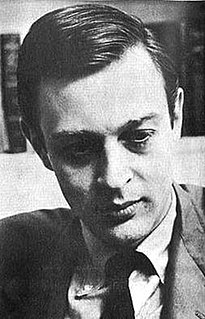A Quote by Gabrielle Roy
The main engagement of the writer is towards truthfulness; therefore he must keep his mind and his judgment free.
Related Quotes
Writing itself, if not misunderstood and abused, becomes a way of empowering the writing self. It converts anger and disappointment into deliberate and durable aggression, the writer's main source of energy. It converts sorrow and self-pity into empathy, the writer's main means of relating to otherness. Similarly, his wounded innocence turns into irony, his silliness into wit, his guilt into judgment, his oddness into originality, his perverseness into his stinger.
Anything is one of a million paths. Therefore, a warrior must always keep in mind that a path is only a path; if he feels that he should not follow it, he must not stay with it under any conditions. His decision to keep on that path or to leave it must be free of fear or ambition. He must look at every path closely and deliberately. There is a question that a warrior has to ask, mandatorily: 'Does this path have a heart?'
The Judo pupil, therefore, must cultivate his mind; he must never feel fear, never lose his temper, never be off his guard; but he must be cool and calm, though not absent-minded; he must act as quick as thought, according to circumstances. He must also be dexterous as well as bold both in attack and in defense.
This leads us to note down in our psychological chart of the mass-man of today two fundamental traits: the free expansion of his vital desires, and, therefore, of his personality; and his radical ingratitude towards all that has made possible the ease of his existence. These traits together make up the well-known psychology of the spoilt child.
We are deceived if we think that mind and judgment are two different matters: judgment is but the extent of the light of the mind. This light penetrates to the bottom of matters; it remarks all that can be remarked, and perceives what appears imperceptible. Therefore we must agree that it is the extent of the light in the mind that produces all the effects which we attribute to judgment.
It is easier for the reader to judge, by a thousand times, than for the writer to invent. The writer must summon his Idea out of nowhere, and his characters out of nothing, and catch words as they fly, and nail them to the page. The reader has something to go by and somewhere to start from, given to him freely and with great generosity by the writer. And still the reader feels free to find fault.
He who has attained the freedom of reason to any extent cannot, for a long time, regard himself otherwise than as a wanderer on the face of the earth - and not even as a traveler towards a final goal, for there is no such thing. But he certainly wants to observe and keep his eyes open to whatever actually happens in the world; therefore he cannot attach his heart too firmly to anything individual; he must have in himself something wandering that takes pleasure in change and transitoriness.

































